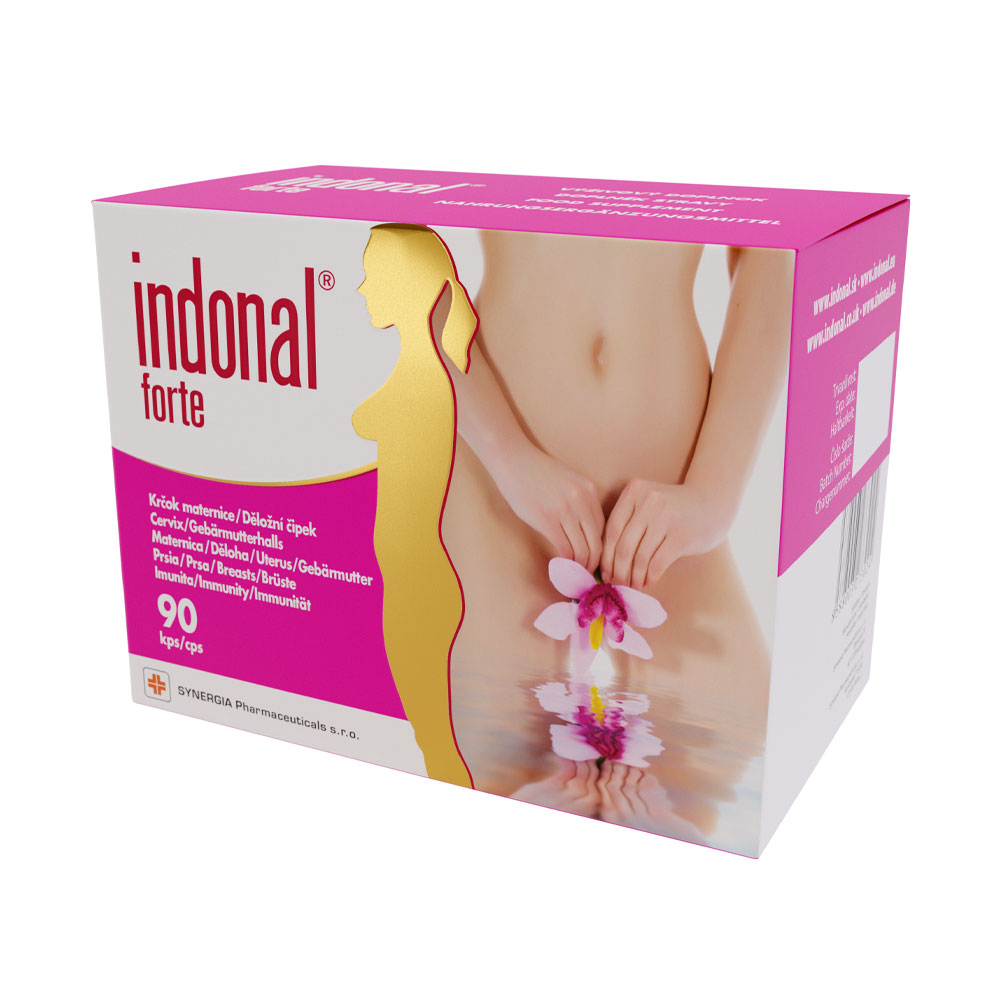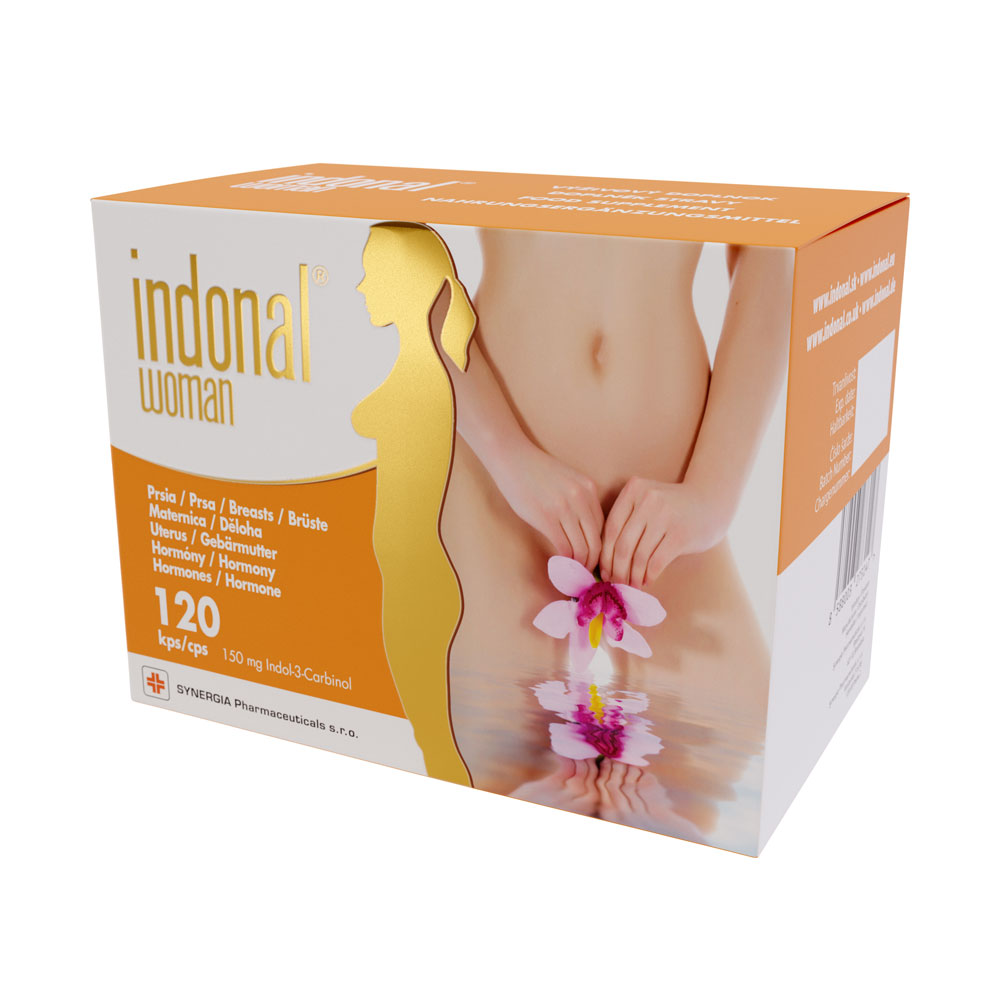Benign Prostatic Hyperplasia (BPH) is a non-cancerous enlargement of the prostate gland, commonly affecting men over the age of 50. This condition can lead to various symptoms and complications related to the urinary system.
BPH is often associated with aging. The enlargement of the prostate is common in middle-aged and older men and is considered a normal part of the aging process.
Hormonal Changes Contributing to BPH:
- Testosterone and Dihydrotestosterone (DHT): Dihydrotestosterone (DHT) is a significant hormone in the male body, but excessive production can lead to health issues such as BPH, prostate cancer, and hair loss. As men age, testosterone levels decline, but DHT levels, derived from testosterone, can remain high. DHT has a strong influence on the growth of prostate cells and contributes to prostate enlargement.
- Estrogens: Men also produce small amounts of estrogens (female hormones), which can increase in proportion to testosterone with age. These hormones can promote prostate growth.
Symptoms of BPH:
- Frequent urination, especially at night (nocturia)
- Sudden and strong urge to urinate
- Difficulty starting urination
- Weak or interrupted urine stream
- Feeling of incomplete bladder emptying
Treatment of Benign Prostatic Hyperplasia (BPH):
The treatment of BPH using herbal extracts has been known and popular for many years due to its effectiveness, natural origin, and minimal or no side effects. In recent years, Indole-3-Carbinol (I3C) has been studied for its potential health benefits, including its effects on BPH and prostate cancer. I3C is a natural compound found in cruciferous vegetables such as broccoli, cabbage, cauliflower, and kale. Studies suggest that I3C can reduce prostate cell growth and decrease prostate size.
In Austria and Germany, doctors use phytotherapy in more than 90% of all BPH treatment cases. Phytotherapy helps maintain prostate health and effectively treat the symptoms of this condition. The most commonly used herb for the treatment and prevention of BPH is the extract from dried fruits of the Saw Palmetto palm (Serenoa repens). Saw Palmetto blocks the enzyme 5-alpha-reductase, which converts testosterone to DHT. Reducing DHT levels slows prostate growth and alleviates BPH symptoms. Saw Palmetto contains fatty acids and phytosterols with anti-inflammatory properties that help reduce prostate inflammation and improve urinary symptoms. Some studies suggest that Saw Palmetto can inhibit the growth of prostate cells, thereby helping to reduce prostate size.
Source:
- Celostnimedicina.cz “Benigní hyperplazie prostaty (BHP)” 22 Apríla 2010. https://www.celostnimedicina.cz/komercni-sdeleni-benigni-hyperplazie-prostaty-bhp/
- Silvia Fialová. 2013. Fytoterapia benígnej hyperplázie prostaty IN Via pract., 2013. [online] Vol.10. No 2. 2013[cit. 2019-1-25],: p. 65–68. URL: http://www.viapractica.sk/index.php?page=pdf_view&pdf_id=6385&magazine_id=1














